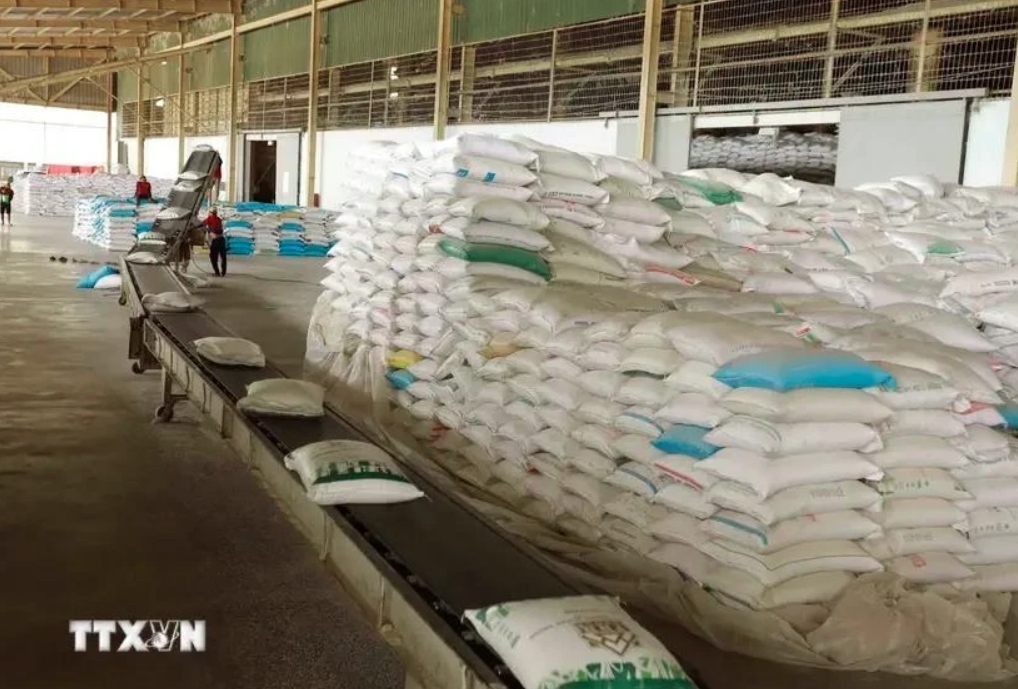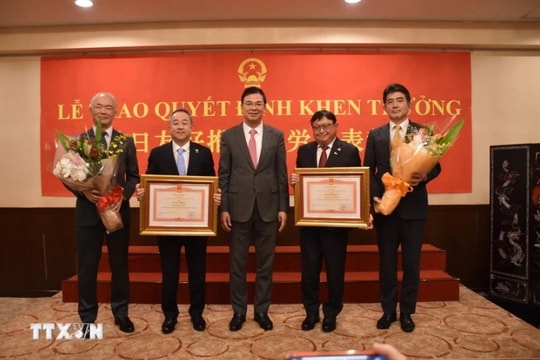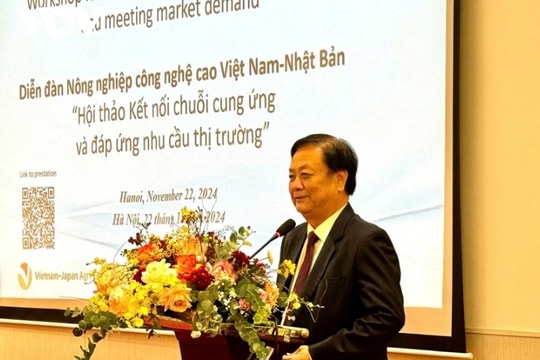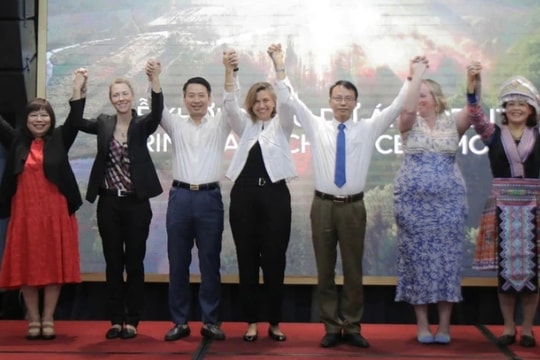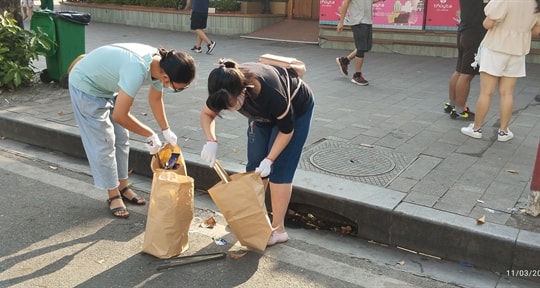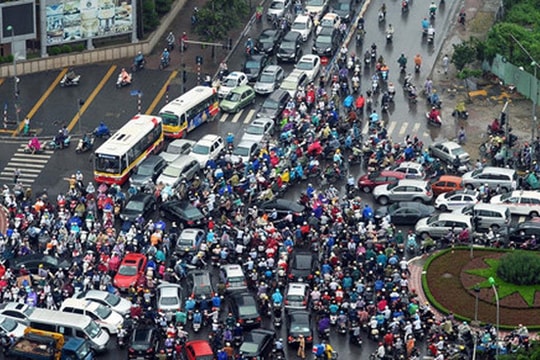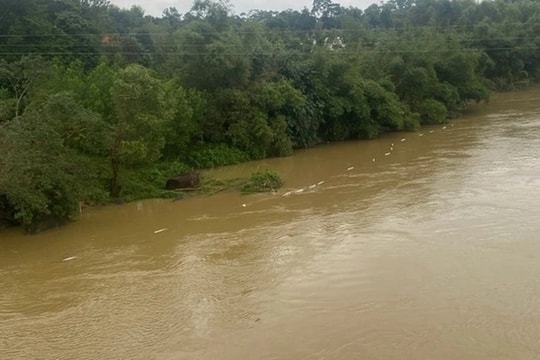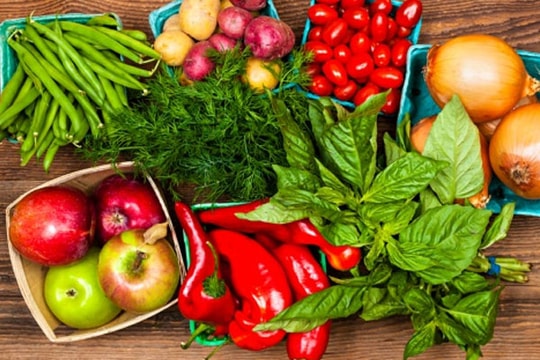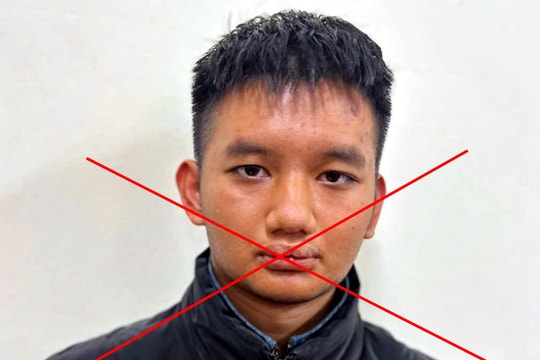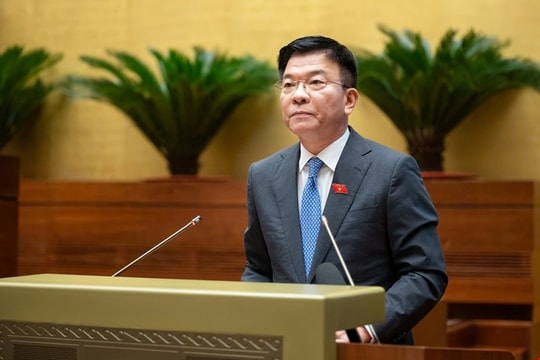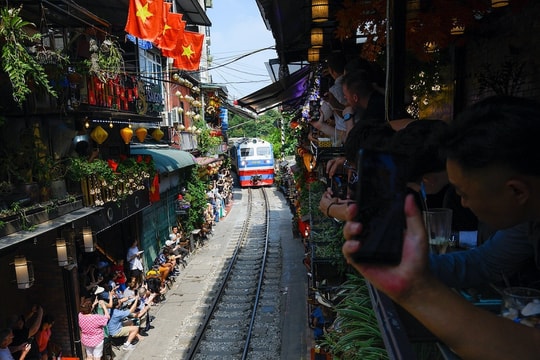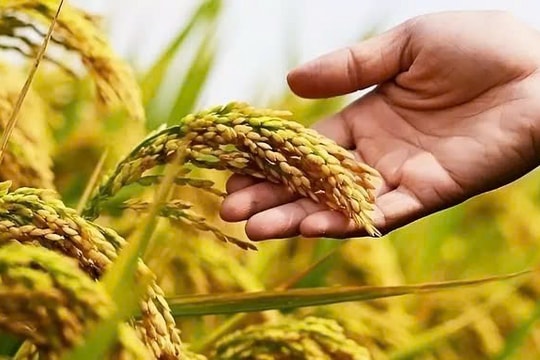A promising market
According to the Asia-Africa Market Department under the Ministry of Industry and Trade (MoIT), Africa is an important export market for Vietnam's rice. The export of this grain to Africa rose to US$692.6 million in 2021 from US$411 million in 2017. Rice typically accounts for 15-20% of Vietnam’s total exports to Africa.
However, in 2022, Vietnam’s rice exports to Africa declined by 10.5% compared to 2021, reaching only US$620 million, equivalent to 16% of Vietnam’s total exports to this continent. This drop was largely due to increased global food stockpiling amid economic and political instability, which pushed up rice prices and led some African countries to reduce the import of the food. Furthermore, the COVID-19 pandemic caused significant disruptions in global rice supply chains, with exporting countries cutting back on exports to secure domestic food supplies.
In 2023, however, Vietnam’s rice exports to Africa bounced back, reaching 1.3 million tonnes valued at US$788 million, up 6.3% in volume and 27.7% in value compared to 2022.
Over the years, several African countries have ramped up domestic rice production in an effort to increase reserves and meet local demand. However, this remains challenging due to financial and technical issues in rice cultivation. As the population grows, along with the influx of Asian tourists and workers, demand for rice in Africa continues to rise.
For these reasons, Africa remains a market with significant potential for Vietnam’s rice exports in the coming years.
Countries like Ivory Coast, Ghana, Senegal, and Cameroon are major importers of Vietnamese rice. Ivory Coast, in particular, has continued to be a key market for Vietnamese rice in the region. Currently, Vietnamese rice is mostly exported to Africa through major international trading companies such as Louis Dreyfus, Olam, Phoenix, Platinum, Wilmar, WSGF Group, and Stallion Group.
Shifting from regular to fragrant rice
Historically, Vietnam’s export of the grain to Africa were primarily white rice, with 15% and 25% broken rice being the main types. However, in recent years, Vietnam’s market share in Africa has faced stiff competition from Thailand, India, and Pakistan, who benefit from large stocks of cheap white rice, which is more affordable for many consumers in Africa.
Alongside the demand for cheaper rice, there has been an increasing interest in fragrant rice in Africa, driven by urbanisation and rising incomes in cities. Nguyen Chi Mai, Vietnam’s Trade Counsellor in Nigeria, who also covers several other African nations, including Ghana, noted that urban consumers in Ghana prefer imported rice, especially fragrant rice, to local varieties. As a result, 80% of the country’s rice imports are consumed in urban areas. Restaurants in Ghana often use fragrant rice to attract customers. The country imports fragrant rice mainly from Vietnam, the US, and Canada.
Given this trend, African importers have increasingly sought to purchase Vietnamese fragrant rice due to its consistent quality and competitive pricing. Do Ha Nam, vice president of the Vietnam Food Association, noted that exports of fragrant rice to Africa have grown steadily in recent years.
The Asia-Africa Market Department has identified fragrant rice as one of the fastest-growing varieties in terms of export growth to Africa. As such, increasing exports of fragrant rice presents a key strategy for boosting both the value and market share of Vietnamese rice on the continent.
Drastic measures needed
To further promote rice exports to Africa, the Ministry of Industry and Trade suggests that Vietnamese government agencies continue to refine export mechanisms and management of rice trade to accommodate market developments. It is also important to create favourable conditions for businesses to engage in rice exports and deepen their involvement in the global rice value chain.
Leveraging existing bilateral cooperation frameworks, such as joint committees and trade subcommittees between Vietnam and African countries, can help foster stronger rice trade relations, experts held. There is also potential to negotiate or extend memoranda of understanding on rice trade with countries in need of imports for stockpiling or those that have not fully liberalised their rice markets such as Uganda. Monitoring and supporting businesses involved in existing MOUs with Egypt, Comoros, Madagascar, Guinea, and Sierra Leone is also crucial, they added.
Experts also highlighted the need for improving transparency in the rice market, designing support policies in payments and logistics, promoting Vietnamese rice through trade programmes in Africa, and improving post-harvest technologies and workforce training, thus building long-term trust with African consumers and ensuring sustainable growth in this important market.



